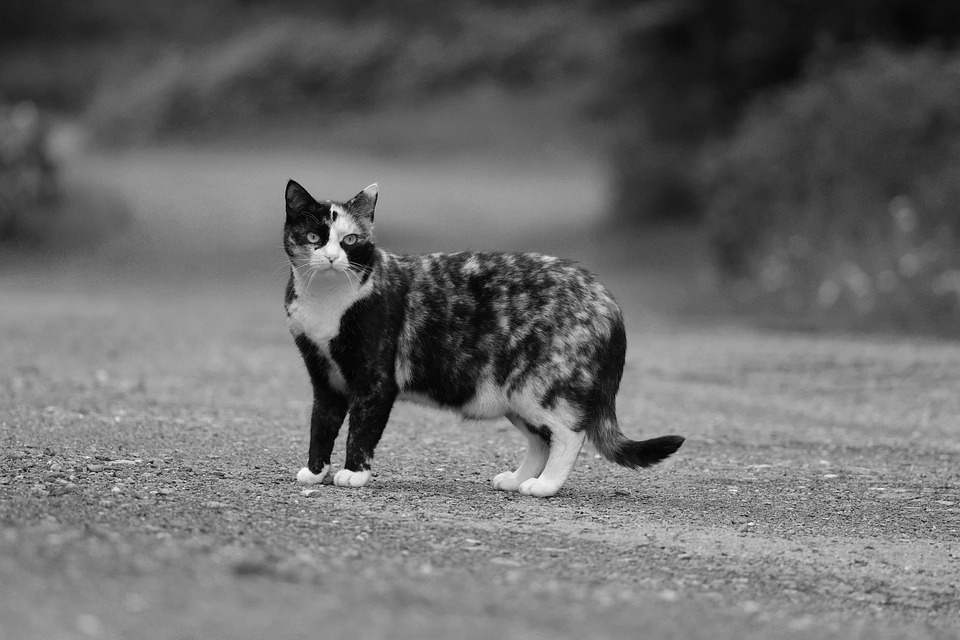Maintaining proper dental care for your cat is crucial for their overall health and well-being. Just like humans, cats can suffer from dental issues such as gum disease, tooth decay, and oral infections. In this article, we will explore the significance of cat dental care, the common dental problems faced by cats, and provide useful tips for maintaining your feline friend’s oral health.
Understanding the Importance of Cat Dental Care
Dental health as an indicator of overall well-being: The condition of your cat’s teeth and gums can be indicative of their overall health. Dental problems can be a sign of underlying health issues such as kidney disease or diabetes. Regular dental check-ups can help identify these problems early on.
The link between dental diseases and systemic health problems: Dental diseases in cats, such as periodontal disease, can lead to more serious health problems. Bacteria from the mouth can enter the bloodstream and affect vital organs like the heart, liver, and kidneys. Maintaining good oral health can help prevent these systemic health issues.
Preventing dental problems before they escalate: By providing regular dental care for your cat, you can prevent dental problems from escalating. Regular brushing of teeth, professional dental cleanings, and a proper diet can help maintain your cat’s oral health and prevent the need for costly and invasive treatments.
Common Dental Problems in Cats
Periodontal disease: Periodontal disease is one of the most common dental problems in cats. It is caused by the buildup of plaque and tartar on the teeth, leading to inflammation of the gums (gingivitis) and eventual damage to the tissues supporting the teeth (periodontitis).
Tooth resorption: Tooth resorption is a painful condition in which the body reabsorbs the tooth structure. The exact cause of tooth resorption is unknown, but it can lead to sensitivity, pain, and difficulty eating.
Feline stomatitis: Feline stomatitis is a severe inflammation of the oral cavity, particularly the gums and tissues lining the mouth. It can cause extreme pain and difficulty eating, leading to weight loss and decreased overall health.
Oral tumors: Oral tumors can occur in cats and should be recognized and addressed promptly. Signs of oral tumors include growths, swelling, bleeding, and difficulty eating.
Signs and Symptoms of Dental Issues in Cats
Bad breath (halitosis): Persistent bad breath is often a sign of dental issues in cats. It is caused by the buildup of bacteria in the mouth due to plaque and tartar.
Difficulty eating or chewing: Cats with dental problems may have difficulty eating or chewing their food. They may show signs of pain or discomfort while eating or avoid certain types of food altogether.
Excessive drooling: Excessive drooling can be a sign of dental pain or discomfort in cats. If you notice your cat drooling more than usual, it may be worth investigating their oral health.
Swollen or bleeding gums: Swollen or bleeding gums are common signs of gingivitis or periodontal disease in cats. If you notice these symptoms, it is important to seek veterinary care.
Behavioral changes: Cats with dental problems may show behavioral changes such as aggression, irritability, or a reluctance to be touched around the mouth. These changes can be a result of pain or discomfort.
Maintaining Your Cat’s Dental Health
Regular dental check-ups: Regular dental check-ups with a veterinarian are crucial for maintaining your cat’s oral health. A professional dental exam can identify early signs of dental problems and provide appropriate treatment.
Brushing your cat’s teeth: Brushing your cat’s teeth regularly is one of the most effective ways to maintain their dental health. Use a cat-specific toothbrush and toothpaste to gently brush their teeth and gums.
Dental-friendly diets and treats: Choosing dental-friendly diets and treats can help prevent plaque and tartar buildup. Look for products that are specifically designed to promote oral health.
Dental toys and chews: Providing your cat with dental toys and chews can help clean their teeth and gums while they play. These toys and chews can help reduce plaque and tartar buildup.
Frequently Asked Questions (FAQs)
How often should I brush my cat’s teeth? Ideally, you should brush your cat’s teeth daily. However, if that is not possible, aim for at least two to three times a week.
Can I use human toothpaste for my cat? No, you should never use human toothpaste for your cat. Human toothpaste contains ingredients that can be toxic to cats. Use toothpaste specifically formulated for cats.
What if my cat refuses to let me brush their teeth? If your cat refuses to let you brush their teeth, you can try alternative methods such as dental wipes or dental gels. Consult with your veterinarian for further advice.
Are dental treats effective for maintaining oral health? Dental treats can be effective in maintaining oral health, but they should not be the sole method of dental care. They should be used in conjunction with regular brushing and professional dental cleanings.
When should I seek veterinary care for my cat’s dental issues? If you notice any signs or symptoms of dental problems in your cat, such as bad breath, difficulty eating, or swollen gums, it is important to seek veterinary care. Early intervention can prevent further complications.
Conclusion
Proper dental care is crucial for maintaining your cat’s overall health and happiness. By understanding the importance of cat dental care, recognizing common dental problems, and following preventive measures, you can ensure that your feline companion enjoys a lifetime of healthy teeth and gums. Remember, regular vet check-ups and a consistent dental care routine are key to keeping your cat’s smile bright and pain-free.








